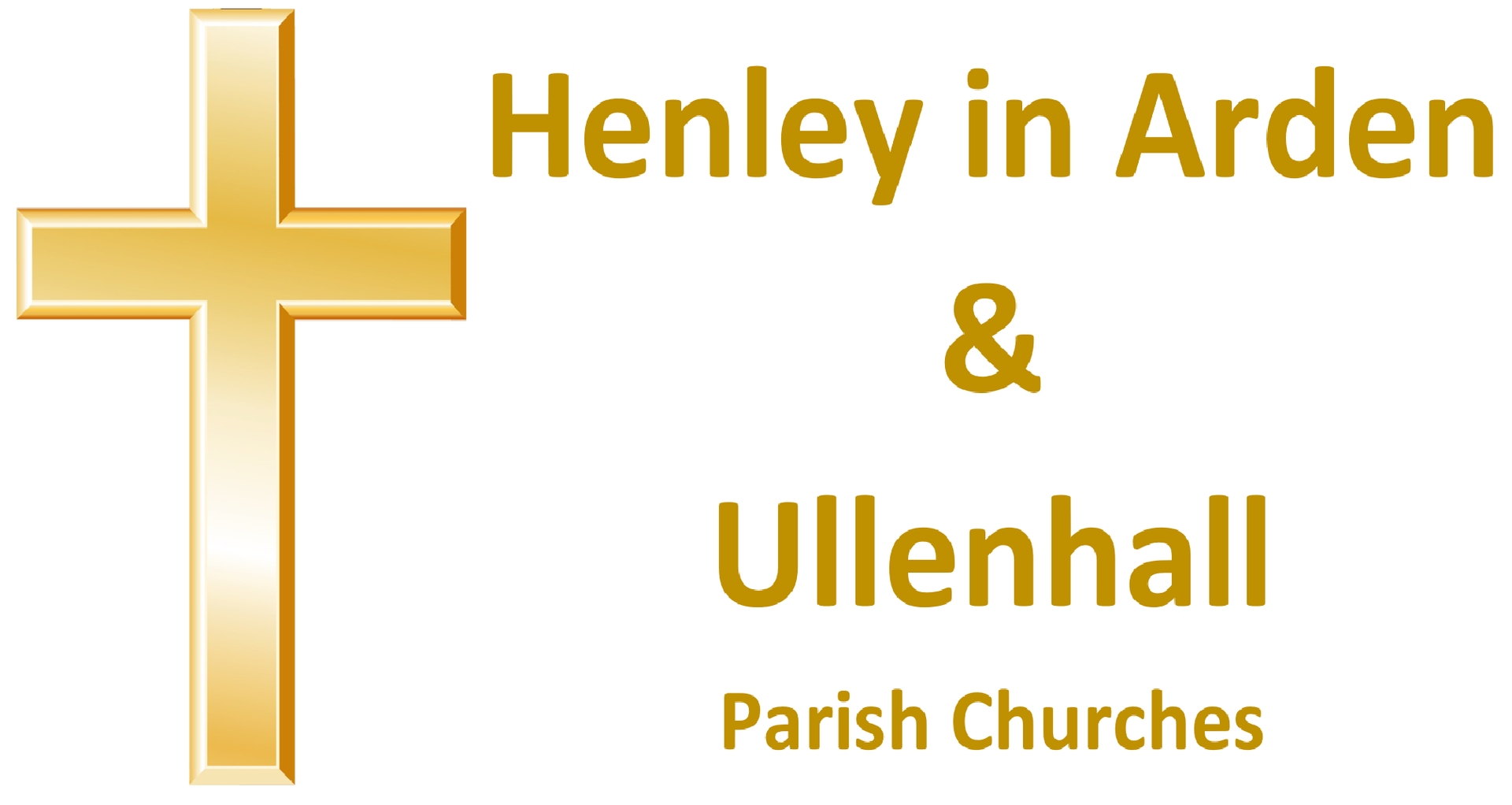Happy New Year 2024!
- by Malcolm Aldridge
- •
- 05 Jan, 2024
Your approach to life, values and beliefs
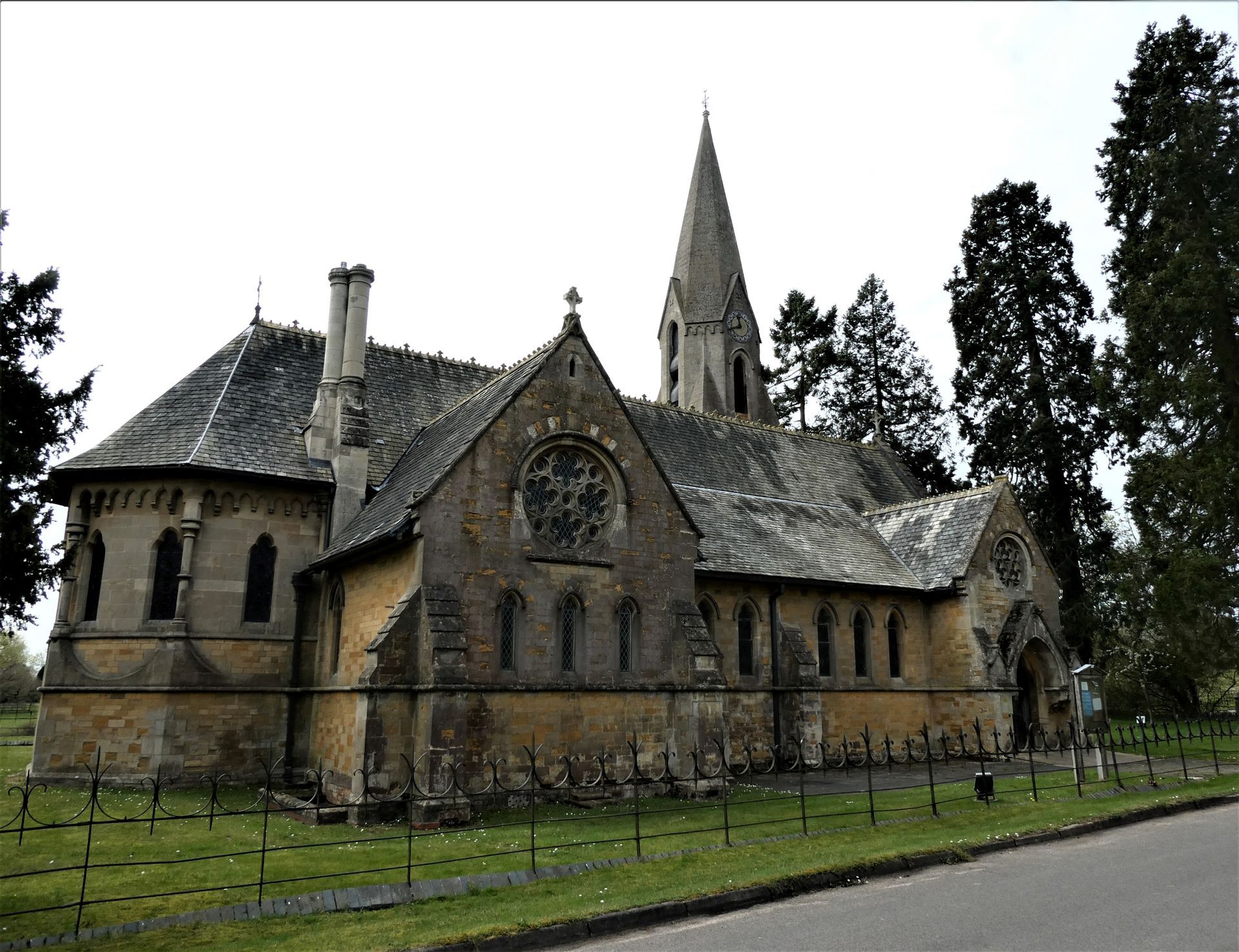
Happy New Year! – January 2024
I wonder if you have ever had an experience or realisation that causes you to think hard about your approach to life, values and beliefs. Maybe now it might be the inspiration behind a really worthwhile New Year Resolution. Call it a sort of Epiphany if you like.
Maybe the realisation that we are becoming a little out of sorts with old friends and acquaintances and that we need to put a lot more effort into personal relationships; or maybe that things aren’t quite so bad as they might have seemed recently and that in fact a more upbeat and thankful approach to life would not only improve our own outlook but also that of other around us.
Well both resolutions would be admirable and bound to improve the quality of life for all but there are other aspects to having an Epiphany and the one that I am really hoping you will encounter is considerably more profound and far-reaching in its effect. I am talking about an inescapable truth which manifests itself both in our hearts and in our minds and that is the realisation that the Christmas story was not just a nice tale or notion but really happened and changed the face and future of the world and its inhabitants for ever.
God himself came down to earth in the likeness and personage of a human being called Jesus Christ in order to communicate his messages and teachings first-hand. Jesus demonstrated the finest values and characteristics such as humility, service, care, compassion, love and comfort, all of which would encourage and enable all around him to flourish and prosper.
To start with only a relatively small number of people believed and understood him but each of them experienced a profound and heart melting Epiphany and the impact upon their lives led them to convince others that this was the real thing and that it had to be preserved and evangelized throughout the world until all peoples of the earth had an opportunity to experience this Epiphany in their lives. And so remarkably 2.4 billion people throughout the world adopted this faith in Jesus Christ over the next two thousand years.
The question is, have we truly experienced this Epiphany of belief for ourselves in our own hearts and minds? Because until we do, then we cannot absorb the real benefit of this relationship with Jesus. When our Epiphany dawns there will be no doubt left and a completely different state of heart and mind will become apparent.
The elation and exhilaration of proclaiming our belief in Jesus Christ to all and anyone will replace all previous doubts or self-consciousness. The ability to face up to the possibility of failure and instead of shrinking back, to press on placing ourselves in his hands. The resilience to face unworthy criticism and false accusation with a smile in the knowledge that Jesus knows the truth and that is good enough for us. The courage to face up to inescapable truths or outcomes in the knowledge that he will be there to see us through any amount of physical or mental suffering.
These are the sureties of our Epiphany when we finally and wholeheartedly confess Jesus Christ as our Lord and Saviour and put our whole selves in his hands. Who needs New Year resolutions now!
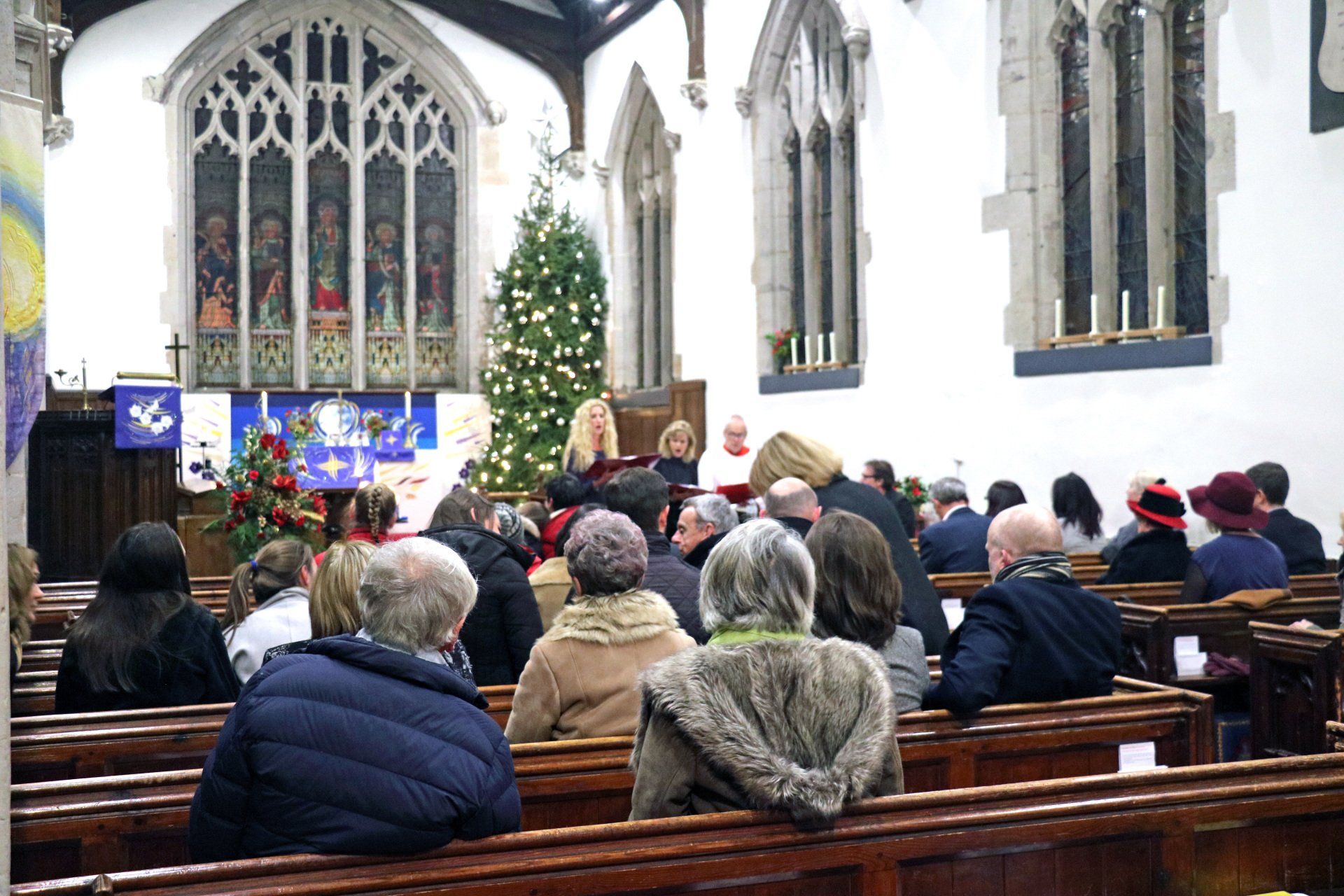
Literally two days after Remembrance Sunday and here I am sitting down to write an article for the December magazine with thoughts about Christmas uppermost in my mind. The Henley lights ‘switch-on’ just 10 days away; the Christmas Tree Festival in St.John’s the same; The Court Leet annual service on the same weekend; carol singing at Memory Lane Café on 12th December; a special Nine Lessons and Carols Service at St. John’s on the 17th and carol singing round Ullenhall Village on the 21st December too. All of this building up to the Christmas Eve and Christmas Day services in various churches and The Community Christmas Day Lunch in the parish hall.
Couple all of this with Christmas food and Christmas present shopping, local community and family parties and celebrations and we begin to realise that things are moving so fast we are in danger missing something very important. It begins on 3rd December – can you guess what it is? Well the answer is a three-week period called Advent which ends on 24th December. To many this represents no more than a day-by-day count-down to Christmas accompanied by a daily reward from a dated window on our Advent Calendar. But is there any more to it than that?
The answer is yes of course! All of the very enjoyable events above are building up a feeling of excitement in anticipation of Christmas Day arriving. Advent runs alongside all of this but potentially adds a new dimension to the build-up. Advent suggests that we slow down our expectations and appreciate them in a much greater depth and think about both long term and short term together. Setting aside some time to reflect upon the blessing and real values and relationships in life that belong in the life of every Christian believer. Values that were God given to created mankind but somehow as good as disappeared until the birth of Jesus Christ.
The birth of our Saviour marked a major turning point in the lives of mankind as a whole and his teachings and ultimate sacrifice on our behalf set the scene as to how we should live out our lives and the astonishing hope of eternal life when we ultimately pass on. We all have an equal opportunity for God’s blessing and grace and it is never too later to take time and find out just how much our lives can be improved and the lives of all those around us too. Why not drop in and see us at any of our services in Henley and Ullenhall churches (details on website henleyullenhall.church) or simply Google ‘Jesus Christ’ to find out more.
Have a lovely Christmas but make the most of Advent too!
Malcolm Aldridge
Reader
November 2023
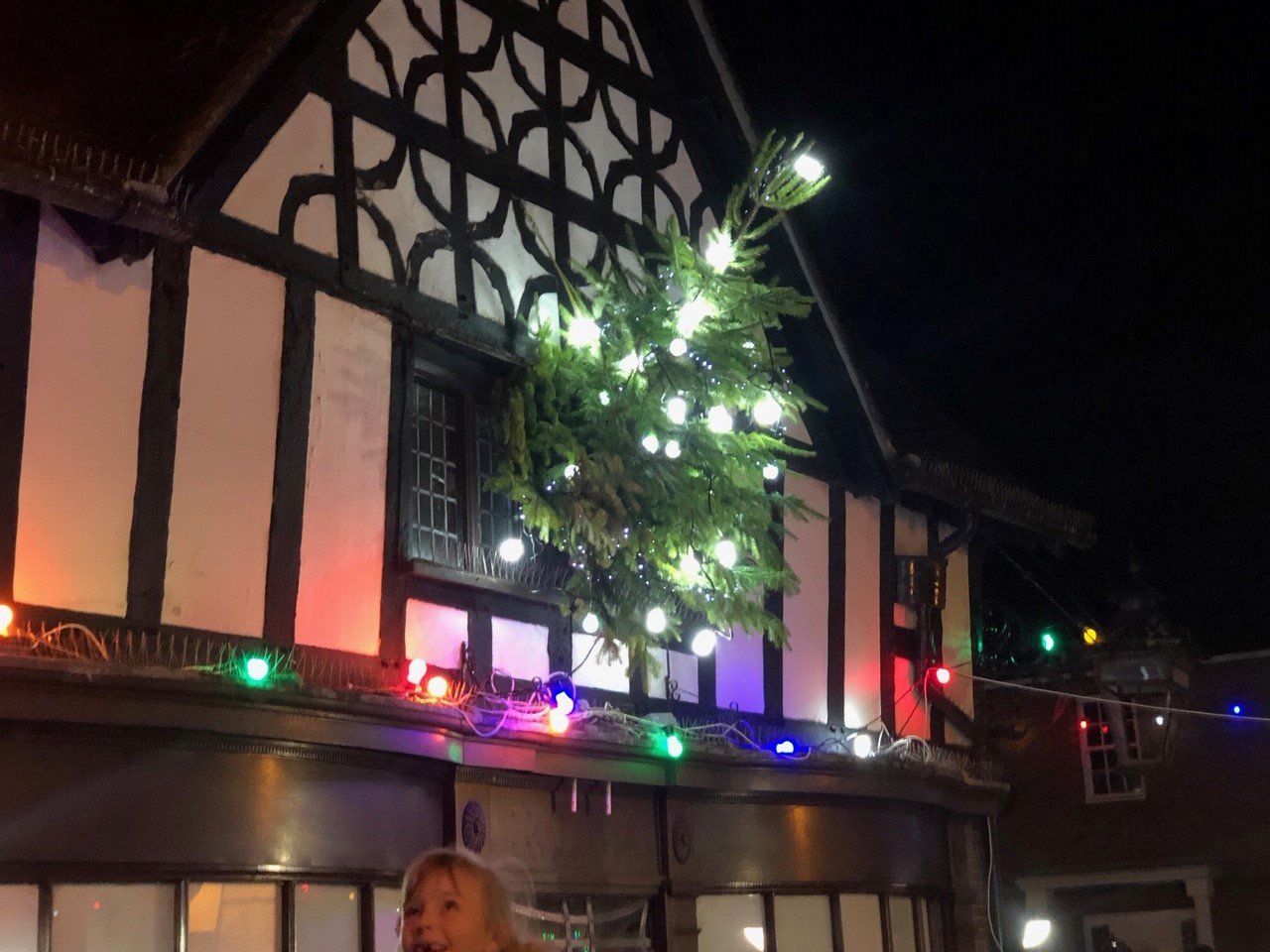
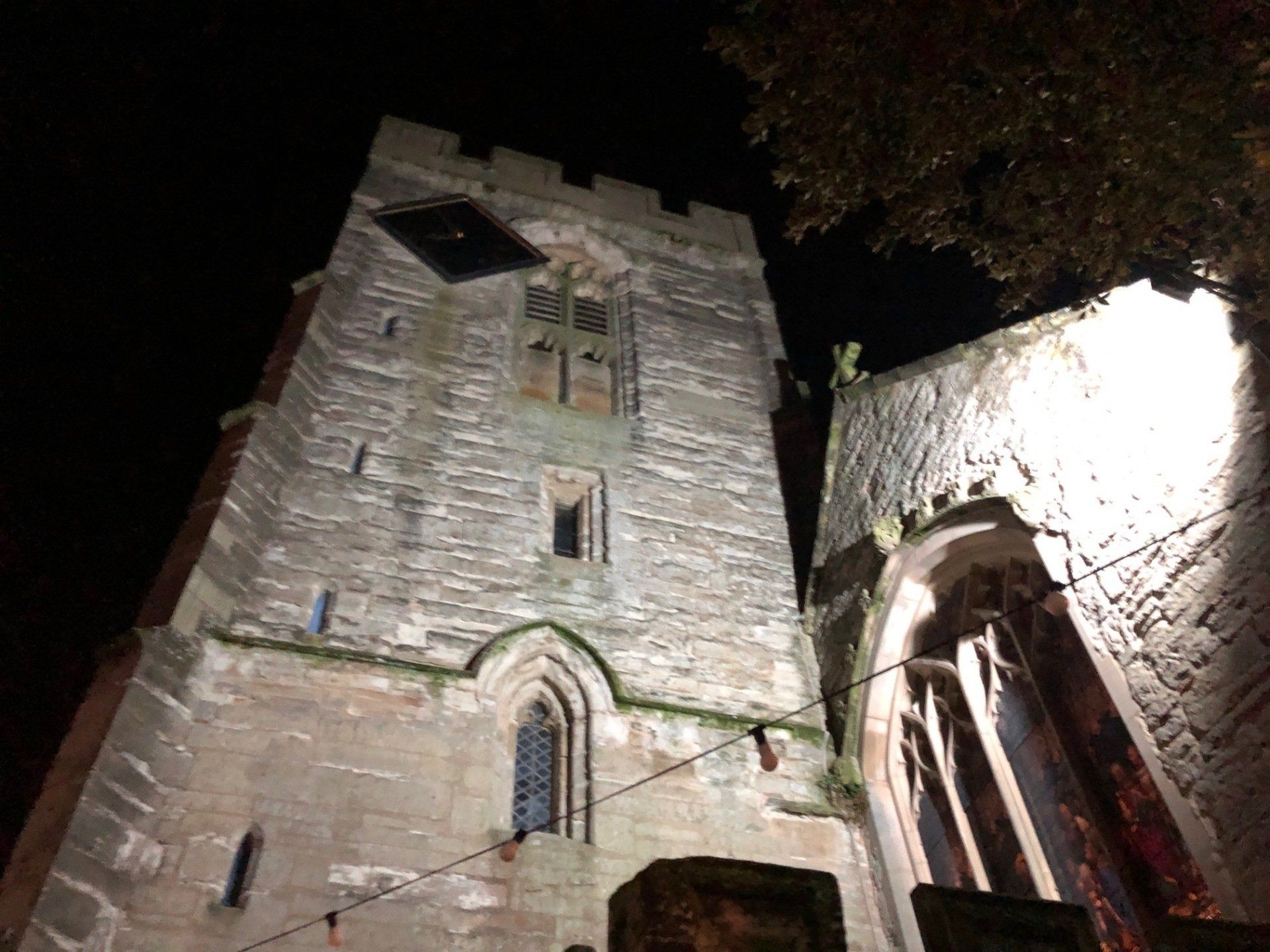
From the Rectory: Dear Friends,
Sometimes the lead-up to an event can be more exciting than the event itself. Do you think this applies to Christmas? The build-up to Christmas is well under way in Henley. We have already sent shoeboxes full of goodies to children around the world, the WI have done a similarly great thing for the homeless in Birmingham, the town’s Christmas lights are in place, and the Christmas Tree Festival will start in St. John’s on 4th December. Then, of course, there is the Henley Advent Calendar with windows being lit up every day as well as Christmassy shop fronts. In all my years in Henley I have never known a more exciting build-up to Christmas! Maybe it’s because it’s a double rollover. Last year, when people expressed their disappointment at the prospect of a low-key Christmas, I suggested to them that in 2021 we could enjoy ourselves twice as much. Let’s hope it doesn’t become a triple rollover!
It is almost impossible to put the brakes on the busy momentum each December, but Advent is supposed to be time for quietness and reflection. How crazy a thought is that! But it’s also a good one, and here is the secret to making Christmas as great as the build-up to it. During Advent we are invited to contemplate the themes of hope and salvation – to think of how Jesus is indeed the light that shines in the darkness. We are to remember how faith brings such a positive and profound meaning and purpose to life. We often talk of Christmas Joy. Joy is a deep experience – it’s about that irrepressible sense of elation deep within the soul that passing troubles cannot snuff out. For many, Jesus is the source of such joy. If we want to make Christmas as great as the lead-up to it, then let’s do what is necessary so that Advent happiness leads to Christmas joy.
John Ganjavi

Dear Friends,
Guy Fawkes Day with its jingle ‘Remember, remember’ sets the scene for the whole of November. Soon after the fireworks, we have Remembrance Sunday (Service: 10.45 am). The following week we shall host the annual Court Leet Service (11 am). And then on 28th November it will be Advent Sunday with an extra 6 pm Service, candlelit in St. Nicholas’. Remembrance Sunday makes us look back a hundred years. Court Leet Sunday takes us back to mediaeval times, and Advent Sunday takes us back thousands of years. Each event takes us back in time and helps us to understand who we are today. We are people with a history that has shaped our values and our character. If you are a pessimist, you will see the negative common theme of human error and villainy. If you are an optimist, you will see that despite human failings we have always maintained a sense of righteousness and justice. Even in our darkest moments a light has shone. Advent, in particular, focusses on our longing for salvation. We do this, not out of despair but because we cannot help but see a vision of what might be. We just need a bit of help to make it happen. As Christians, we mark Advent with the annual invitation to Jesus – for him to enter our lives afresh as the one who can make our hopes and dreams come true. Another word for Salvation is well-being. Advent revives the vision of a healthier self, a healthier community, society and world. And with the vision comes the belief that a better future is most definitely possible. Make November special with thoughts of vision, hopes, dreams, and salvation.
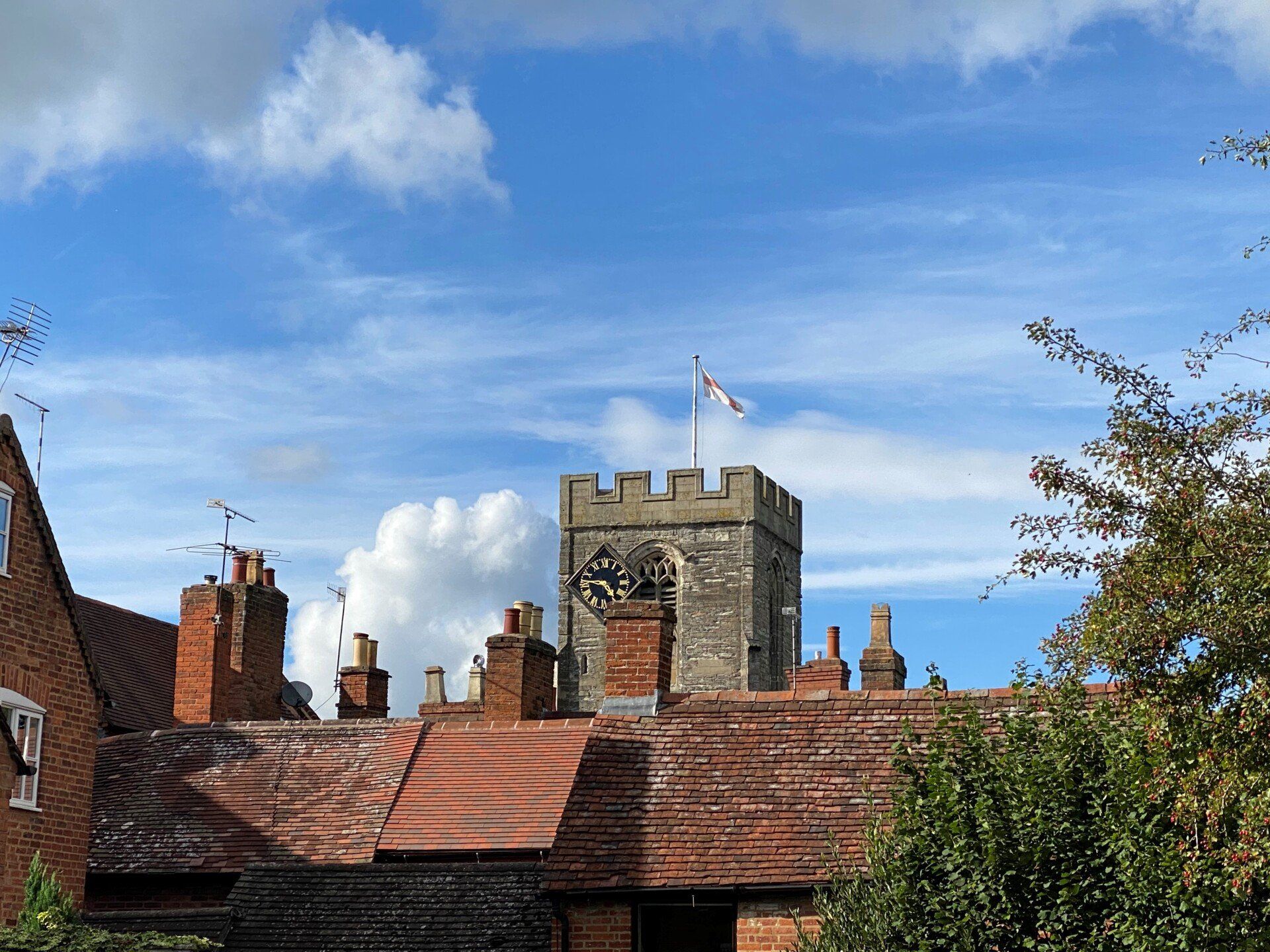
Dear Friends,
Autumn is a season of hope. Flowers and trees prepare for the winter in the hope that spring will eventually come again. And, therefore, with a beautiful display of rich colours, nature sows its seeds. A message of hope in the face of adversity is exactly what we all need. The pandemic is stubbornly still with us (if not so much here, then definitely in many parts of the world). We have enjoyed the lifting of many restrictions, although we know that serious vigilance is still called for. And then there are the COP26 climate talks that will take place in Glasgow at the beginning of November. Scenes of fires and floods from across the world have shocked us all, and any hope for the future depends on concerted international effort by all nations and individuals. The world must seem like a really scary place at times, but hope comes to our rescue. We are already looking to 2022 as a year when the pandemic will finally be under control across the world. We also hope that by next year serious measures will be in place to prevent the planet overheating.
The Church has always been careful to draw a distinction between hope and wishful thinking. The main difference between the two is that there are good reasons behind hoping whilst wishful thinking is plucked out of thin air.
Autumn is a season of hope, only because we can clearly see nature doing her bit. And our hopes for 2022 depend on us doing out bit. On Sunday 3rd October our 10 am Service in St. John’s will be our Harvest Festival. The following Sunday will be our Climate Sunday. At both main 10 am Services we will be focussing on what God is calling us to do in order for us to enjoy a genuine hope for the future. I invite you to join in. At both Services we will be taking sensible measures to keep us all safe, so bring your mask and your smile as we encourage one another.

Dear Friends,
Happy Lughnasadh (pronounce lunasa). The 2nd August used to be celebrated as the start of the long Harvest season, and it used to start with the pagan feast of Lughnasadh. Traditionally, wars would end as ceasefires were called so that men on both sides could return home to bring in the harvest. So far, so good. But spare a thought for the king – if the harvest failed, the king would have to take personal responsibility and sacrifice himself so that his blood might fall on the ground as a gift for the nature god who, hopefully, would reverse the people’s fortunes. Now there’s a lesson in leadership, responsibility and accountability!
Harvest time brings with it many traditions. It also reminds us of our dependency on the earth. Food in our shops ultimately arise out of the ground. In some eyes, this dependency on the earth is fascinating and magical. We are inspired to have a go and produce our own miniature harvest from our allotment and greenhouse. Some go so far as to try and achieve self-sufficiency. But if harvest time teaches us anything, it tells us that we are not just dependent on the earth, but we are also dependent on many others for our food. I dare to say that there is no such thing as self-sufficiency. Somewhere along the line somebody else’s help becomes vital.
As this pandemic drags on we have all been challenged to consider what we need in order to live well. Along with food and medicine we have recognised the need for encouragement, hope, cheerfulness, re-assurance, company, human touch, even religion. We have always been aware of the misery of loneliness, but we have now learnt a long lesson about the evils of isolation. Maybe all this has led to us re-evaluating the relationships we depend on. Maybe we have sought to refresh friendships, re-commit ourselves to contact with family, care more for our neighbours. Spiritually speaking we often talk about the presence of God in our lives. Maybe we have been forced to reconsider what this means to us and how real it is. If any of these experiences have been in your life recently, and if you have come through them more positive and strong, then just maybe the pandemic months have not altogether been a waste of time.
Many ancient religions believe that all creation shares in the one universal life force/spirit. Aboriginal thought in particular talks about the necessity of all creation living in harmony with everything that exists. Recently in church we heard a Bible reading from 1 Corinthians 12 where, blow me down, the same time-honoured thought was expressed. As harvest begins and we consider our dependency on what the earth produces, let’s also remember our dependency on one another, and God, and seek to live in harmony with each other.

Dear Friends,
It doesn’t take Einstein to tell us that time is a funny old thing. We all know that sometimes time goes very slowly. Then it can go too fast. Things that happened a long time ago are fresh in the memory, but we can’t work out why we have gone upstairs. My particular problem at the moment is that I am thinking back to a long time ago and I can’t remember exactly in what sequence things happened. I have, therefore, come up with a theory!
I reckon there are only three days: yesterday, today and tomorrow. The past all merges into what is labelled as yesterday. There is no necessary sequence. There is no ‘only recently’ or any ‘long time ago. There is just yesterday. And whatever there was, well, it’s past. It’s part of yesterday. In a similar fashion all the future is Tomorrow. It doesn’t matter if it is in a few minutes’ time or in a century hence. All that is yet to come is labelled as Tomorrow. And what links all future events is that none of them have happened yet. And then there is Today. Ah, glorious Today. The joy of the present moment. The Here & Now. The moment in which we exist, fully exist. I opened the marmalade jar, and inside the lid there was a caption: ‘Savour the moment’. Well, there’s my theory: Yesterday is gone, Tomorrow is yet to be, Today is everything. I think I need a break! Maybe tomorrow. Oh no, that’s the future.
In Genesis 1 we read about what happened on the fourth Day of creation: And God said, ‘Let there be lights in the vault of the sky to separate the day from the night, and let them serve as signs to mark sacred times, and days and years, and let them be lights in the vault of the sky to give light on the earth.’ And it was so. God made two great lights – the greater light to govern the day and the lesser light to govern the night. He also made the stars. God set them in the vault of the sky to give light on the earth, to govern the day and the night, and to separate light from darkness. And God saw that it was good. And there was evening, and there was morning – the fourth day.
Whatever Time is, and whatever theory we might have about the past, the present and the future, the Storyteller who gave us Genesis 1 says that God created the cycles of days and years so that we might recognise and mark ‘sacred’ times. Louis Armstrong sang the ever popular ‘What a wonderful world’. In the song we hear the lyrics: “I see skies of blue and clouds of white, the bright blessed day, the dark sacred night, and I think to myself, what a wonderful world.” Maybe we all need a break to see more clearly the blessedness of each day and the sacredness of each night.
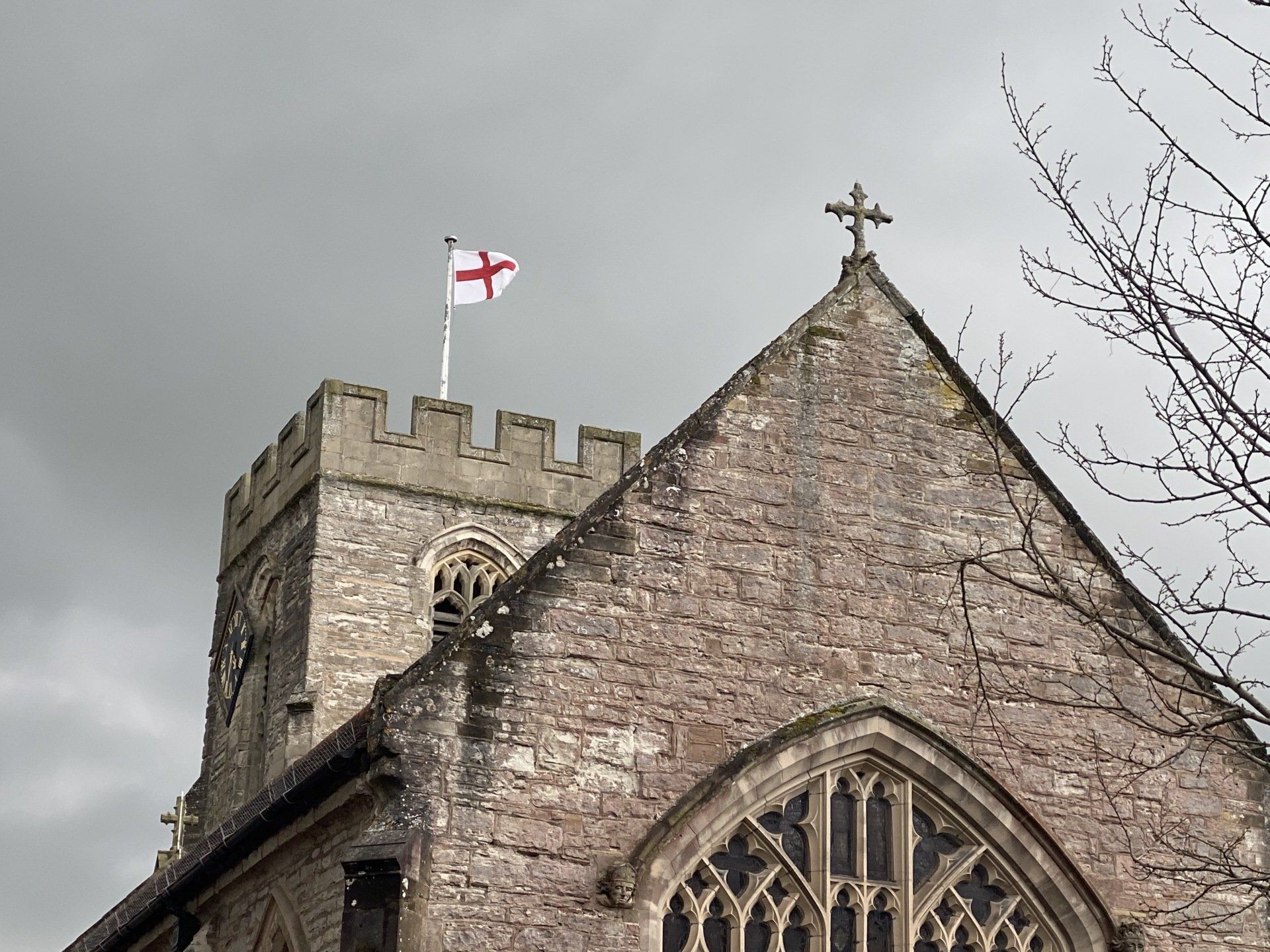
Dear Friends,
I hope you are all well and managing to keep up to date with events. Between me writing this article and it being published all manner of things could change. So, today’s optimism or pessimism can change within the space of a day. Today our Prime Minister is expressing an optimistic note that on 21st June all restrictions will be lifted. There is also optimism that our vaccines will protect us from extreme reaction to the Indian variant of the COVID virus. People are rushing to book a break, and there is pressure on churches and schools to go against advice and lift restrictions now. Please, could someone from the future time travel back to us and tell us how things are going to pan out! Whilst the balance of views today tilts towards optimism, the news is broadcasting a devastating clip from a poor woman in India who lost her life to COVID. This lady was a dentist in her thirties. She, and her unborn child, became victims of this awful disease. Prior to her death, this lady recorded herself pleading with the world to not trivialise the dangers of this virus.
In June 2020 I wrote the following: “Year after year we have been made aware of people suffering across the world. Whether it is abuse, discrimination, poverty or disease, we have seen the adverts and heard their stories. In all these awful situations people have had to face a diminishing of their experience of life – and that’s an understatement. How much worse it is when they look up and see others enjoying life oblivious of the needs of others. We can all cope with a great deal of suffering and deprivation provided we know that we are not overlooked and ignored. Empathy is so important.”
It is understandable that we want to celebrate the hope of better days to come, but let’s hope that we won’t forget the lessons we have learnt. Number one lesson could well be that the human race is one people, and the major issues we face affect us all and their solutions involve us all. At the time of Jesus people had a narrow view of life. Religion was there to advance the prospects of their corner of the world. Jesus challenged this parochial attitude to life, teaching that the person who lives beyond our sphere of interest is still our brother or sister. Jesus is often referred to as the Saviour of the World. Whatever we make of that claim, what is increasingly apparent is that Salvation is a global issue.

